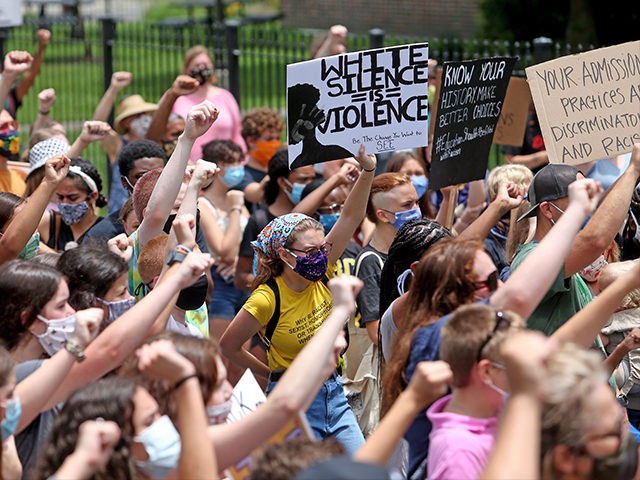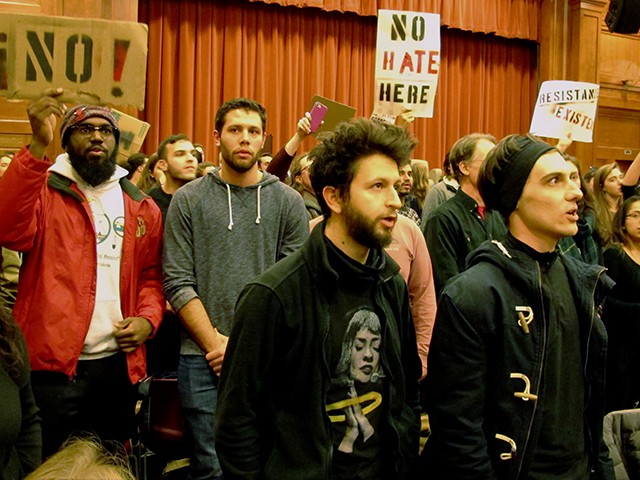One in four college faculty members says they are very or extremely likely to self-censor in academic publications, and over one in three do so during interviews or lectures, according to a survey sponsored by the Foundation for Individual Rights and Expression (FIRE). This means that self-censorship among college faculty is far more prevalent than it was during the McCarthy era.
Today, a whopping 72 percent of conservative faculty, 56 percent of moderate faculty, and even 40 percent of liberal faculty are afraid of losing their jobs or reputations due to their speech, FIRE revealed in a report published on Tuesday.
Additionally, untenured faculty are more fearful than tenured faculty, with 42 percent of untenured faculty censoring themselves, compared to 31 percent of tenured faculty.
These numbers are staggering, especially given that just nine percent of social scientists said they toned down their writing for fear of causing controversy at the end of the Second Red Scare in 1955, the organization noted.
The survey, which was sponsored by FIRE and conducted by Social Science Research Services, asked nearly 1,500 university faculty members about their views on campus civil liberties.
It also found that female faculty members are more likely to support speech restrictions, campus investigations, and blacklisting, with 19 percent of them saying it is acceptable to limit potentially “hateful” speech, even when that speech isn’t intended to be hateful.
Moreover, three percent of older faculty said they had some level of acceptance of students using violence to stop a campus speech. But that number jumped to an astounding 21 percent among the youngest faculty members.
“We’re finally seeing the extent to which faculty have lost their peace of mind,” FIRE Research Fellow Nathan Honeycutt said. “When professors across the political spectrum become terrified of losing their jobs for exercising their rights, true academic inquiry and diversity of thought become nearly impossible.”
The survey also suggested that faculty are not only afraid of overzealous administrators, but also of students, and of each other.
One-third of faculty members reported feeling that they cannot express their opinion on a subject, due to how students, colleagues, or the administration might respond. Faculty are also more likely to feel pressure to avoid researching controversial topics from fellow faculty members than from administrators.
This could be due to faculty’s support for “soft authoritarianism” or sanctions, such as not being hired or promoted. The survey found that a staggering 36 percent of faculty would endorse their college launching an investigation into other faculty members over their expression.
Moreover, half of the surveyed faculty believe that diversity, equity, and inclusion (DEI) statements should be a requirement for a university job. Meanwhile, 57 percent of liberal faculty members say improving political diversity is less important than advancing race and gender diversity.
You can follow Alana Mastrangelo on Facebook and Twitter at @ARmastrangelo, and on Instagram.


COMMENTS
Please let us know if you're having issues with commenting.